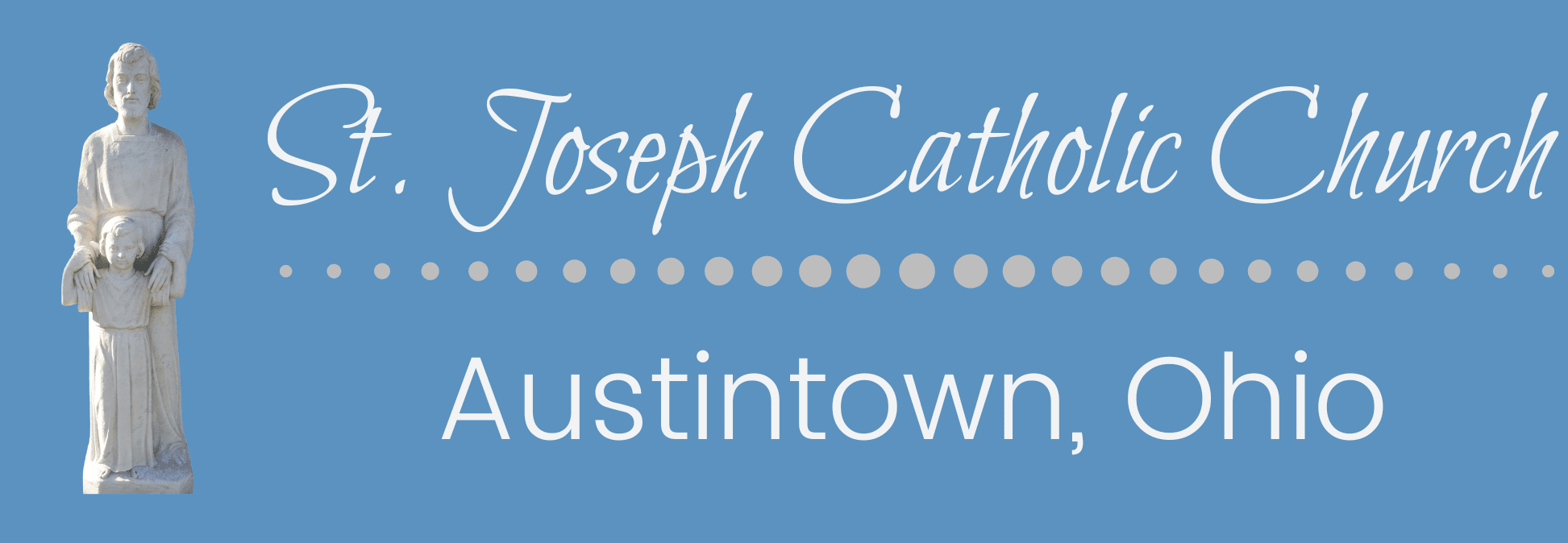How to Celebrate the Sacrament of Penance & Reconciliation
- PREPARATION: Before going to confession, take some time to prepare. Begin with prayer, and reflect on your life since your last confession. How have you—in your thoughts, words, and actions—not taken advantage of opportunities to “love the Lord, your God, with all your heart, with all your soul, and with all your mind,” and to “love your neighbor as yourself” (Mt 22:37, 39)
- GREETING: The priest will welcome you; he may say a short blessing or read a Scripture passage.
- THE SIGN OF THE CROSS: Together, you and the priest will make the Sign of the Cross. You may then begin your confession with these or similar words: “Bless me, Father, for I have sinned. It has been [give days, months, or years] since my last confession.”
- CONFESSION: Confess your sins to the priest. You only have the obligation to confess very serious sins that you believe have broken your relationship with God and God’s people. You may confess other sins, but it is not required for reconciliation with the Church. Lesser sins are forgiven in other ways, such as participation at Mass or acts of love, especially to those you have harmed through those sins. If you are unsure what to say, ask the priest for help. When you are finished, conclude with these or similar words: “I am sorry for these and all my sins.”
- PENANCE: The priest will propose an act of penance. The penance might be prayer, a work of mercy, or an act of charity. He might also counsel you on how to better live a Christian life.
- ACT OF CONTRITION: After the priest has conferred your penance, pray an Act of Contrition, expressing sorrow for your sins and resolving to sin no more. A suggested Act of Contrition is:
My God,
I am sorry for my sins with all my heart.
In choosing to do wrong
and failing to do good,
I have sinned against you
whom I should love above all things.
I firmly intend, with your help,
to do penance,
to sin no more,
and to avoid whatever leads me to sin.
Our Savior Jesus Christ
suffered and died for us.
In his name, my God, have mercy.
(Rite of Penance, no. 45) - ABSOLUTION: The priest will extend his hands over your head and pronounce the words of absolution. You respond, “Amen.”
- PRAISE: The priest will usually praise the mercy of God and will invite you to do the same. For example, the priest may say, “Give thanks to the Lord for he is good.” And your response would be, “His mercy endures for ever” (Rite of Penance, no. 47).
- DISMISSAL: The priest will conclude the sacrament, often saying, “Go in peace.”
